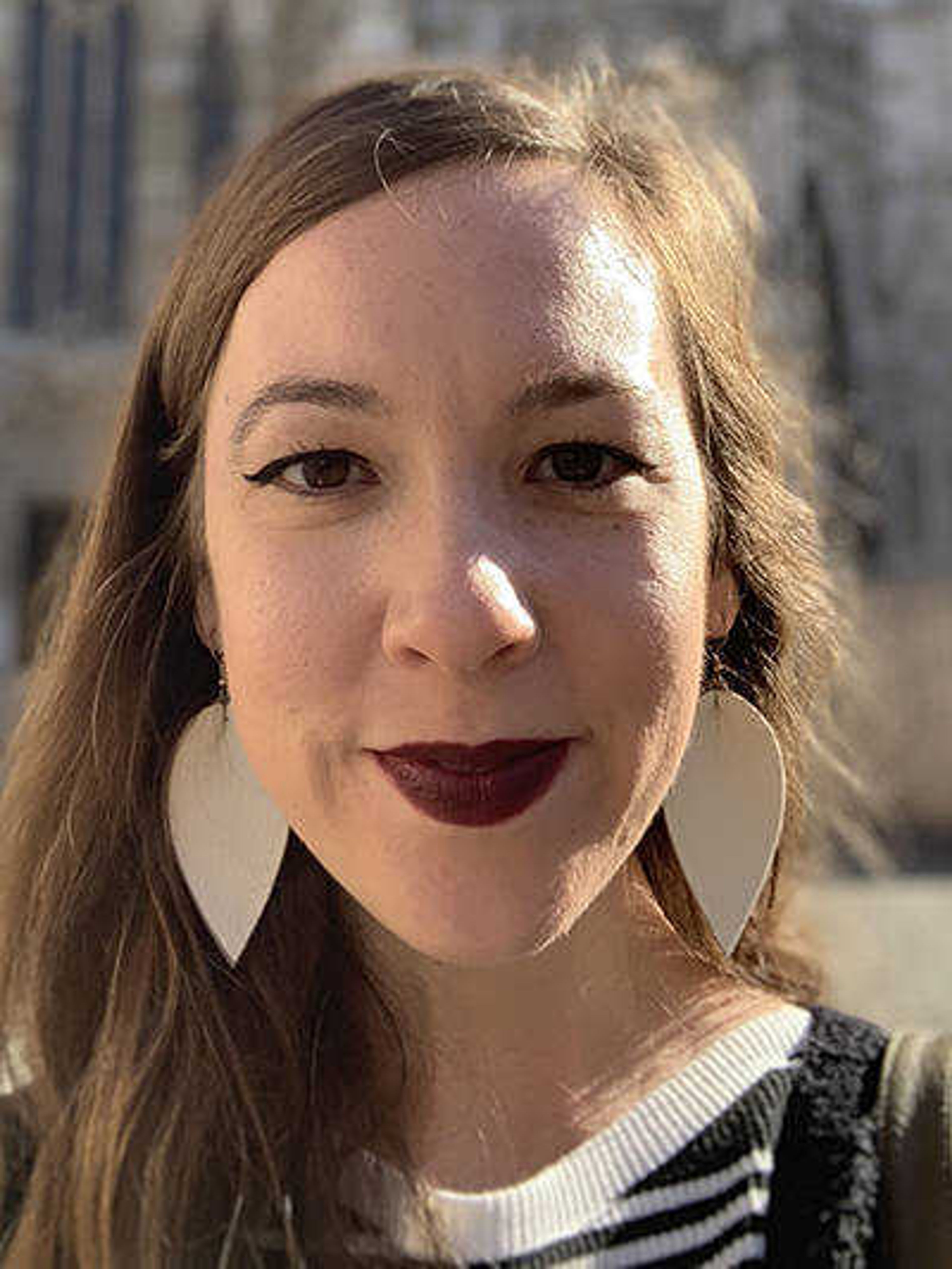Finding grace in the middle ground
Our country is reeling. This election has brought this to the forefront. We've drawn a distinct line down the middle and chosen our sides. We are wounding each other, and in that, wounding ourselves and the idea of our country. Perhaps our country was never whole to begin with, and our challenge is not healing something that is broken, but rather from the raw materials of inequality, hatred, hope and hard work we have inherited, building something that is whole...
By Mia Pohlman
Our country is reeling. This election has brought this to the forefront. We've drawn a distinct line down the middle and chosen our sides. We are wounding each other, and in that, wounding ourselves and the idea of our country.
Perhaps our country was never whole to begin with, and our challenge is not healing something that is broken, but rather from the raw materials of inequality, hatred, hope and hard work we have inherited, building something that is whole.
Maybe our challenge is transforming, bringing good out of all circumstances. Like what God does.
If we are to transform our country, we must examine our own attitudes toward the people we think are fundamentally different from ourselves.
We must not allow the language we use toward these people who are different from us to villainize them. We must refuse to view as the enemy people who either support or don't our president-elect, and dismantle the dismissive labels we place on people on the "other" side. All people are people with valid concerns.
The problem is: We think there's only one "right" answer and that it exists in our own personal idea of how things "should" be.
We need this wide spectrum of views in our country, however. We need people who are going to remind our country of its roots when maybe we're taking things too far, and we need people who are going to challenge attitudes rooted in our history that we accept as "normal" that maybe we shouldn't.
People want to make sure they are the ones who have power. What if we let it go? What if we stopped trying to prove our own side "right" and stepped to the middle to listen to people on both sides?
I am afraid of the tragedy we inflict upon each other if the old refuse to listen to the young and the young refuse to listen to the old.
If urban people refuse to listen to rural people and rural people to urban people.
If women refuse to listen to men and men to women.
If the straight refuse to listen to the LGBTQIA and the LGBTQIA to the straight.
If those without money refuse to listen to those with it and those with it to those without it.
If people who have darker skin refuse to listen to people who have lighter skin, and people who have lighter skin to people who have darker skin.
If people who are "from" this country refuse to listen to people who aren't, and people who aren't refuse to listen to people who are.
Where does all this hatred, separation and insistence on one's own agenda stop?
Jesus stood in the middle.
It's a hard stance to take -- both sides throw stones at you. But grace is a position of the middle ground.
It accepts the woman being stoned, calls the Samaritan foreigner good, validates the centrality of the farmer who works the land, using the profession's dignity to teach profound truths about God.
We must not try to change each other; we must try to understand. It is in understanding that we ourselves will be changed -- this is the only way we can create a country for the good of all.
Connect with the Southeast Missourian Newsroom:
For corrections to this story or other insights for the editor, click here. To submit a letter to the editor, click here. To learn about the Southeast Missourian’s AI Policy, click here.









